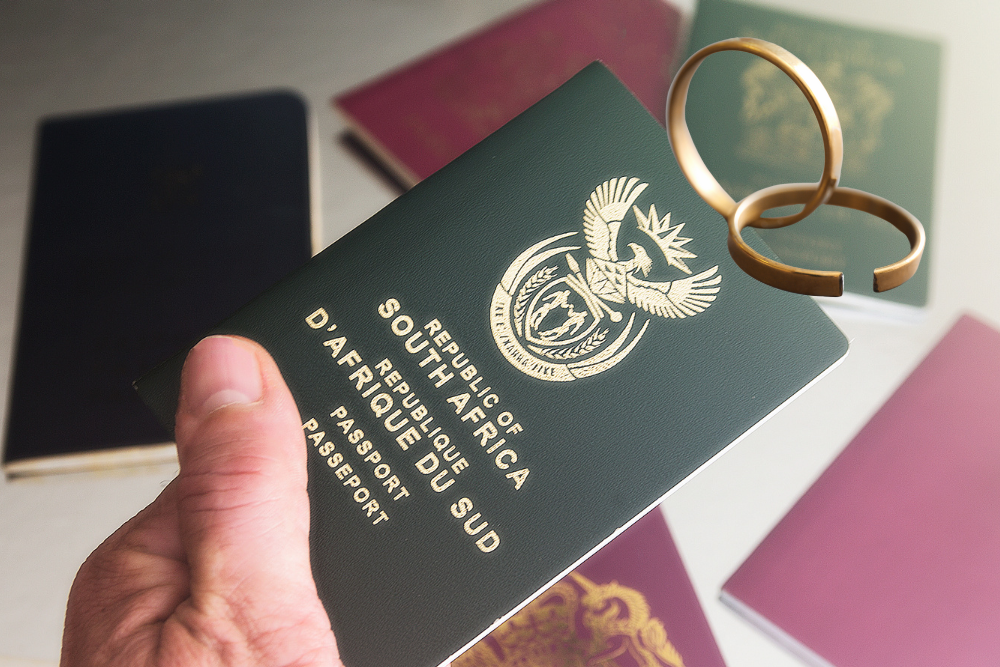Who can get divorced in the South African Courts?
South Africans have become increasingly mobile, choosing to live overseas temporarily or indefinitely. As we live in an increasingly globalised world, many South Africans living abroad or returning from abroad are uncertain of their legal position when getting divorced. In this article, we will explore international divorce from the perspective of South African Law.
South African law makes provision for our Courts to hear and decide on international divorce matters under certain circumstances. The Uniform Rules of the High Court also create practical mechanisms delivery of documents outside of South Africa, if the need arises. Whilst there are some logistical difficulties when dealing with divorces across borders, these difficulties can usually be overcome.
WHEN CAN A SOUTH AFRICAN COURT HEAR AN EXPATRIATE DIVORCE MATTER?
In South African international divorce matters, jurisdiction in the South African Courts is established if either party is domiciled in the jurisdiction of the Court, or ordinarily resident within the jurisdiction of the Court. In other words, if either party is domiciled (more on this below) or ordinarily resident within the area in which the Court operates, the Court can hear and grant the divorce.
Ordinarily Resident
If one of the parties has lived within the jurisdiction of the Court for a period of at least one year before starting with the divorce process, the Court will have jurisdiction to deal with the divorce. This is in terms of Section 2(1)(a) of the Divorce Act, 1979.
Domicile
If neither spouse is ordinarily resident within the jurisdiction of a South African Court, the parties can still rely on the idea of “domicile” to establish authority for the South African Courts to adjudicate the divorce, in terms of Section 2(1)(b) of the Divorce Act.
Domicile is a factual question; thus, whether a party is domiciled in South Africa depends on the facts of each unique case.
By way of explanation, every South African who was born in South Africa has South Africa as their domicile by operation of law (Domicile Act, 1992); in this instance one refers to a “domicile of origin”.
When a person acquires a new domicile (i.e their new country of residence), they are no longer domiciled in South Africa; in such instance they would have given up their domicile of origin (i.e South Africa) to acquire a domicile of choice (i.e their new country of residence). A person cannot have more than one domicile.
Simply staying in a new country, even for an extended period, does not necessarily mean that one is domiciled there. In instances where a person does not intend to settle in a country for an indefinite period, they do not acquire that country as their domicile of choice, and they remain domiciled in South Africa.
Whether or not a person “intends” to settle in a country indefinitely can usually be established by their conduct, for example:
- Have they applied for permanent residency?
- Do they still hold financial interests in South Africa?
- Are they employed full-time or on a contract basis?
- Do they own immovable property in a particular country?
- On which country’s passport do they travel abroad?
Who can get divorced in South Africa?
In considering the above, one can formulate a list of people who can get divorced in South Africa, namely:
ORDINARILY RESIDENT
- South African Citizens who are ordinarily resident in South Africa (i.e have been living in SA for a period of at least one year before the divorce commences);
- Foreign Nationals who are ordinarily resident in South Africa (i.e have been living in SA for a period of at least one year before the divorce commences);
DOMICILED
- South African Citizens who are domiciled in South Africa (i.e persons who have South Africa as their domicile of origin and have not given up RSA as their domicile in favour of another country)
- Foreign Nationals who are domiciled in South Africa (i.e persons who are lawfully present in South Africa and intend to settle there for an indefinite period)
PRACTICAL EXAMPLES
Here are some practical examples of people who can get divorced in the South African Courts:
- South African Citizens who are resident in South Africa and who want to divorce their spouses who live overseas, and vice versa.
- South African Citizens who are residing outside of South Africa but have no intention of settling in their host country indefinitely, such as
- Persons on fixed-term work assignments
- Persons studying overseas
- Foreign Nationals who are in South Africa lawfully and have settled here indefinitely.
For more information, or to set up a meeting with one of our international divorce experts, please feel free to contact us.













